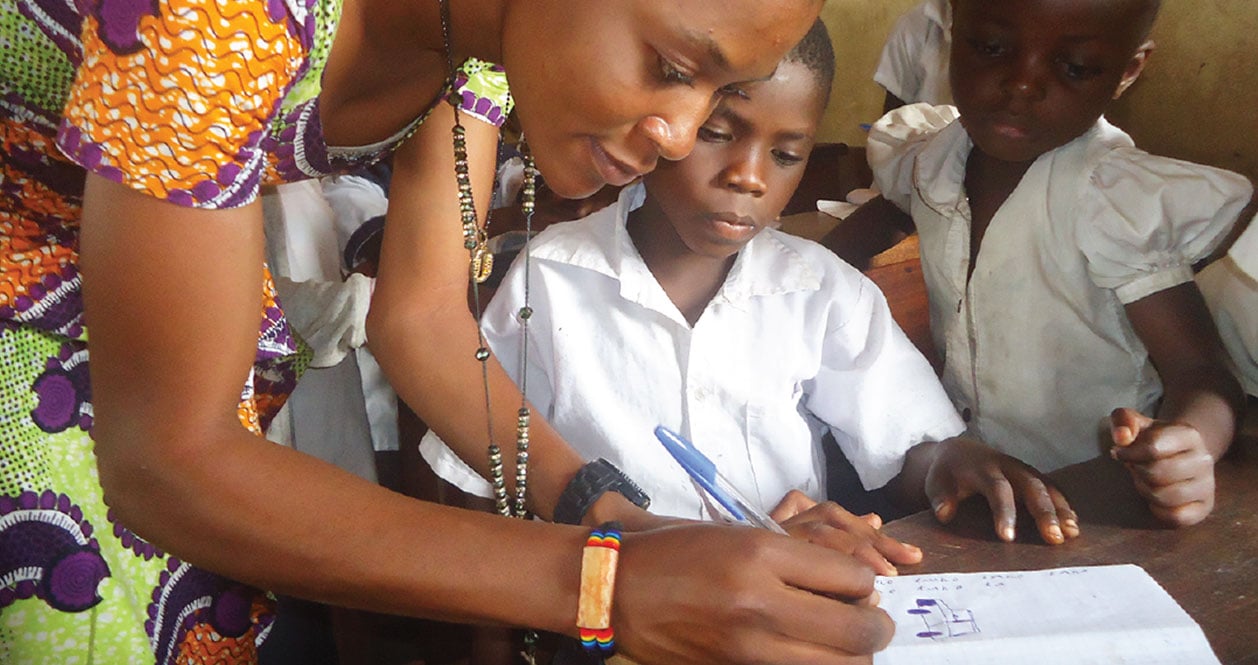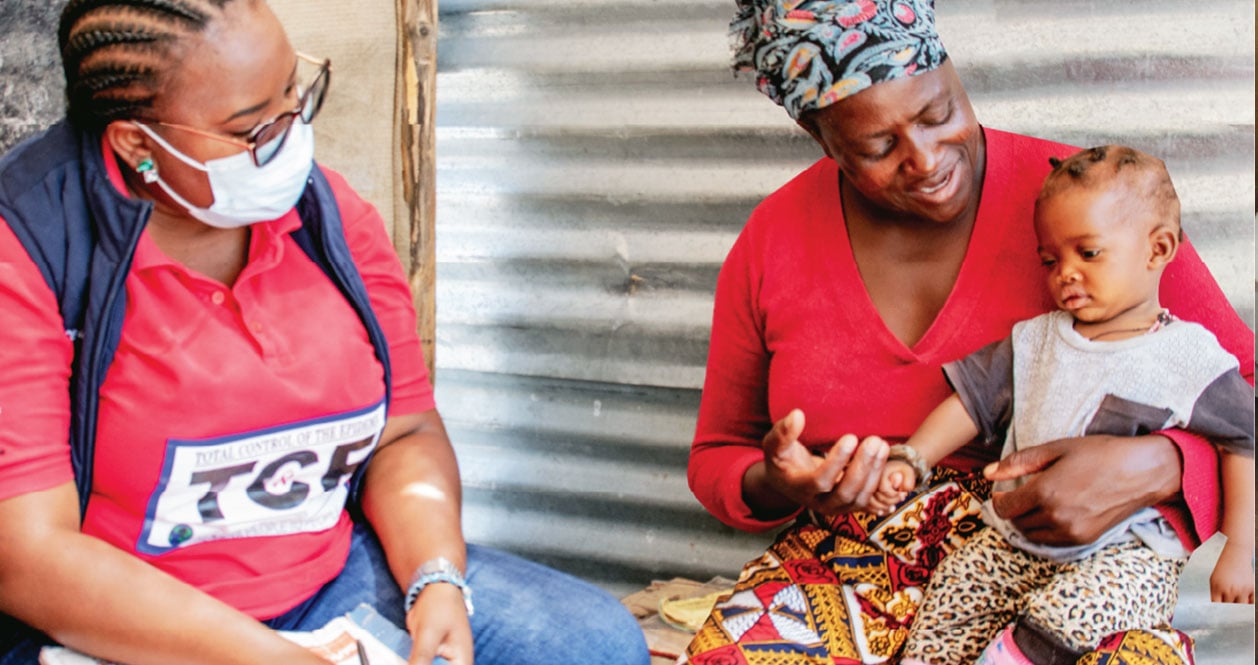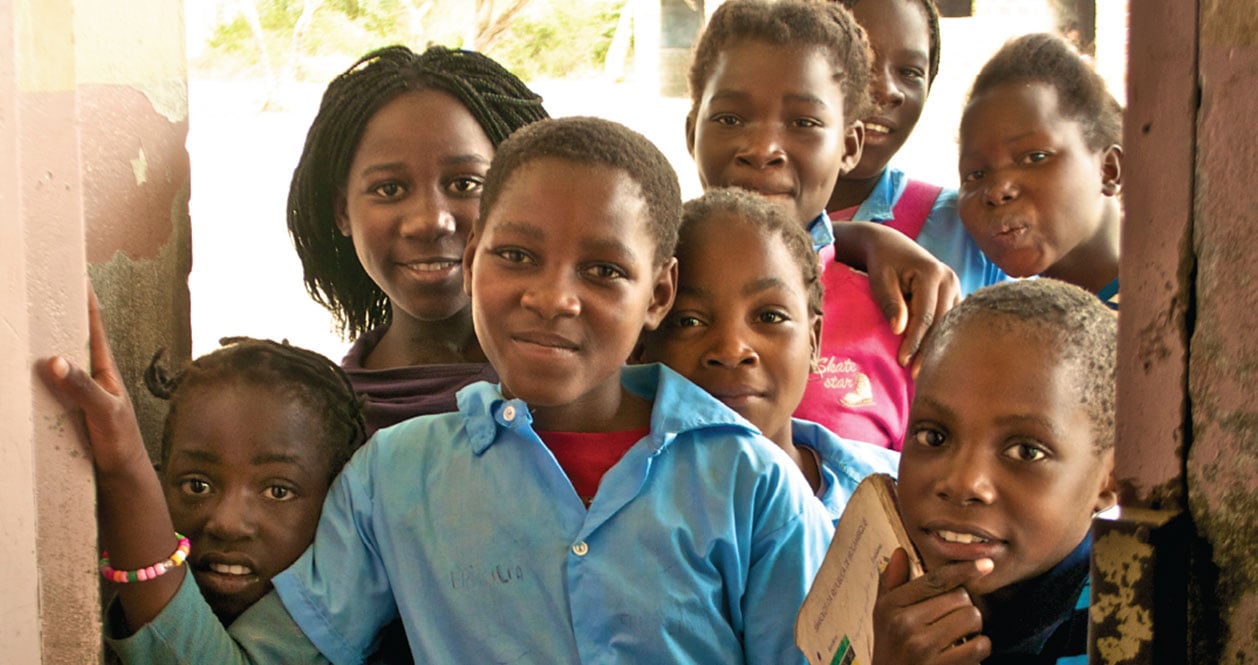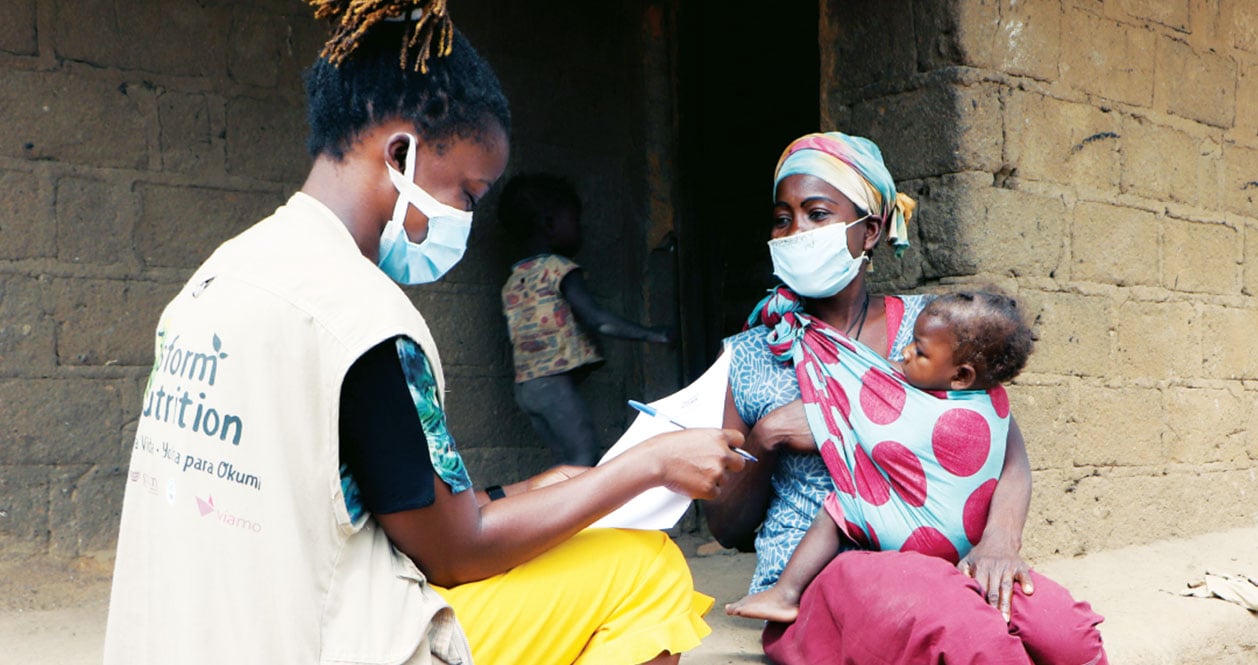Empowering people through locally-led community development projects
As a member of The Federation Humana People to People, we support a network of experienced, local organizations tackling the most pressing humanitarian, social and environmental challenges in Africa, Asia and the Americas.
In the U.S., we strengthen local community organizations who create sustainable development projects.
Angola
Planet Aid has supported development projects in Angola since 1998 through Ajuda de Desenvolvimento de Povo para Povo, or ADPP Angola. Among other projects, Planet Aid has helped fund several education programs that provide technical and teacher training.
Belize
Working with the locally led Humana People to People Belize (HPP-Belize), Planet Aid has supported Child Aid and Farmers' Clubs programs to empower individuals and communities with the knowledge and skills needed to raise themselves out of poverty.
Botswana
Planet Aid has worked with Humana People to People Botswana (HPP-Botswana) to help those living with HIV/AIDS and other epidemics. Planet Aid also helped fund a Child Aid project in February 2006 to train the guardians of orphaned children in healthcare and childcare.
Brazil
Planet Aid has supported Humana Povo Para Povo em Brasil (HPP-Brazil) to promote sustainable farming and fishing as well as community development. HPP Brazil also launched its first Child Aid project in 2007 to improve family economies and provide aid for orphans.
Democratic Republic of the Congo
Planet Aid has funded Humana People to People Congo (HPP-Congo) and its efforts to address extreme poverty. Planet Aid secured its first grant for HPP-Congo from USAID American Schools and Hospitals Abroad (ASHA) to implement a Training Teachers and Changing Communities (TEACH) project.
Ecuador
Planet Aid has supported Humana Pueblo a Pueblo—Ecuador (HPP-Ecuador) to create and implement sustainable educational, social assistance, preservation, and conservation development projects. Ecuador hosts multiple Child Aid projects and is home to the first Farmers' Club in the Americas.
Guinea Bissau
The vocational schools Planet Aid supported in Guinea Bissau provide invaluable technical skills training. In addition, Teacher Training Colleges train primary school teachers. Planet Aid has also supported a national response to HIV/AIDS national response and Farmers' Clubs.
India
Working with Humana People to People India (HPP India), Planet Aid has supported a host of community development programs, including teacher training, microfinance, community-based diabetes detection and care, Total Control of the Epidemic and Farmers' Clubs.
Laos
Planet Aid has supported Humana People to People (HPP) Laos' community development initiatives in the Bolikhamxay Province. In March 2018, HPP Laos signed an agreement with the Department of Health Bolikhamxay Province to focus on screening for tuberculosis (TB) in 57 focus villages.
Malawi
Planet Aid supports teacher training and macadamia nut production in Malawi. Our partner, Development Aid from People to People Malawi (DAPP Malawi), began operating in 1995, and has promoted community development, education, HIV/AIDS prevention, and sustainable agriculture.
Mozambique
Planet Aid supports Ajuda de Desenvolvimento de Povo para Povo (ADPP Mozambique) to build stronger communities. Some of the projects include: Nikhalamo Girls Stay in School; Planet Aid's flagship Food for Knowledge; Teacher Training Colleges; vocational schools; and preschools.
Namibia
Planet Aid has raised funds for DAPP Namibia to prevent and treat HIV/AIDS through the Total Control of the Epidemic (TCE) program. TCE works to mobilize behavior change throughout the general population and at-risk groups.
South Africa
Planet Aid funds Humana People to People-South Africa (HPP-SA), which operates several programs including TCE to fight the spread of HIV/AIDS, and Child Aid Doornkop. Planet Aid has also helped fund Farmers’ Clubs, youth programs and preschools.
USA
Zambia
Planet Aid has helped support several programs implemented by DAPP Zambia, including Child Aid to create safe and supportive living conditions,
Teacher Training Colleges to prepare future primary teachers, and Total Control of the Epidemic (TCE) to prevent and treat HIV/AIDS.
Zimbabwe
Working with Development Aid from People to People (DAPP) Zimbabwe, Planet Aid has funded a host of projects that provide child aid, teacher and technical, nutrition, epidemic prevention and Farms’ Clubs. DAPP Zimbabwe has almost 40 years of community development experience.
We fund programs that promote education, health, sustainable agriculture and community development.

Creating access to quality education and training is the foundation for sustainable development
Focusing on prevention while increasing health awareness and healthy lifestyles

.jpg?width=960&height=507&name=agriculture-pa%20(1).jpg)
Ensuring food security to empower subsistence farmers to rise out of poverty
Strengthening and organizing communities for a better quality of life

Donate your gently used clothes to protect the environment and help fund community development projects.

